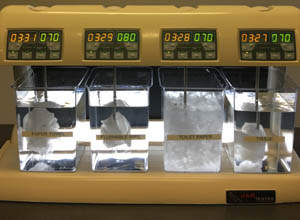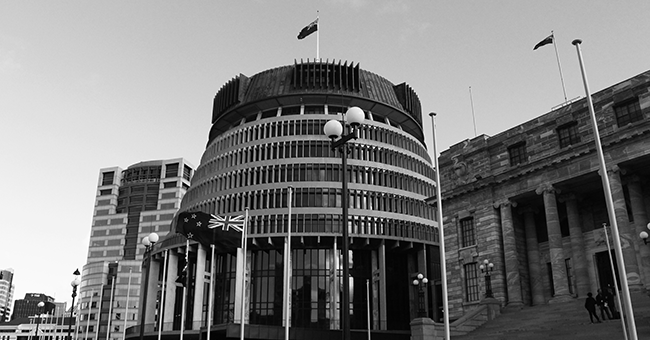
Logan City Council is urging residents to be mindful of what they put down their toilets and drains after a surge in blockages and overflows.
Logan City Council is urging residents to be mindful of what they put down their toilets and drains after a surge in blockages and overflows.
Council has noticed an increase in the amount of wet wipes found at the Loganholme Wastewater Treatment Plant during the past week which has led to additional maintenance and costs.
Road and Water Infrastructure Director Daryl Ross said only toilet paper should be flushed down the toilet.
“Items such as wet wipes and tissues can cause build ups in the pipes and lead to blockages which puts extra pressure on our wastewater systems,” he said.
“At a time of great uncertainty around COVID-19 we cannot afford to be doing additional and unnecessary repairs.
“Our message is simple – Don’t Rush to Flush. Think about what you are disposing of and how you are disposing of it.
“I urge everyone in the community to do their bit to help.”
Bathroom
- Wet wipes, paper towels and tissues belong in the bin.
- Putting toxic or non-biodegradable waste down the toilet or a sink risks damaging your own sewerage system.
Kitchen
- Collect solid food waste, coffee grinds and tea leaves and put them in the garbage bin or compost.
- Place cooking oil, grease or fat in a sealed container and put it in the bin. After cooking, wipe the frying pan with a paper towel and place it in the bin.
Garden
- Put weed killers, fuels and engine oils in a plastic container and take them to one of Council’s local waste disposal facilities.
- Chemicals that are sprayed or tipped on the ground can be absorbed by household pipes and can affect drinking water.
Garage and laundry
- Chemicals, paint and cleaning products can corrode the pipes on your property and in our network. This can lead to expensive repair bills.
Place unused chemicals, paint and cleaning products in a plastic container and take them to one of Council’s local waste disposal facilities.








